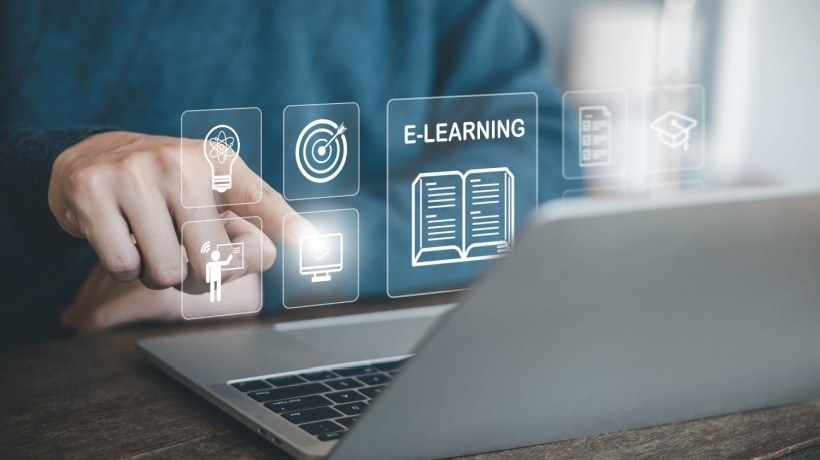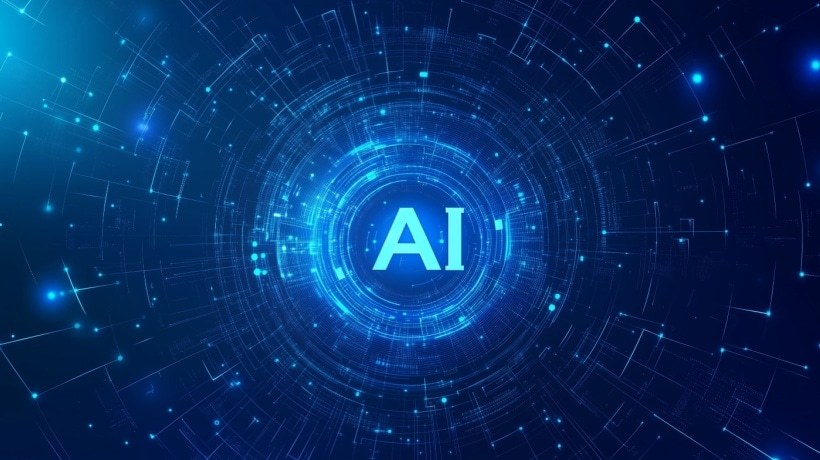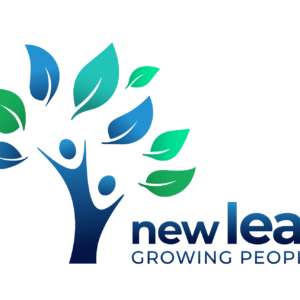How Technology, Flexibility, And Accessibility Are
The year 2025 is shaping up to be a turning point in the history of education. While online courses have existed for years, their influence in 2025 goes far beyond simply moving lectures from classrooms to digital platforms. The new wave of eLearning represents a true educational revolution—driven by technology, global demand for accessibility, and the changing expectations of learners worldwide. Rather than being seen as a "second option," online learning in 2025 is emerging as the preferred pathway for millions of students and professionals. It is more skills-based, adaptive, interactive, and learner-centric than ever before.
What Is Fueling The Growth Of Online Education In 2025?
Several powerful forces are accelerating the adoption of online learning in 2025.
1. Greater Accessibility To The Internet And Digital Platforms
High-speed internet has become more affordable and widespread, even in developing regions. Alongside this, the rise of modern digital classrooms, Virtual Instructor-Led Training (VILT), and self-paced learning platforms has made it easier for learners to access high-quality content from anywhere in the world.
2. Shifting Workforce Demands
The workforce is evolving faster than traditional education can keep up with. Global businesses require employees with updated, job-ready skills, and online learning has become the quickest way to bridge this gap. From coding bootcamps to industry-recognized certifications, professionals are increasingly turning to flexible online programs to remain competitive.
3. New Learning Models And Flexibility
Unlike rigid degree programs, online learning in 2025 allows for personalized pathways. Students can choose shorter learning modules, acquire micro-credentials, or follow hybrid approaches that blend formal education with professional certifications. This flexibility appeals especially to working adults and lifelong learners.
4. Technology-Driven Customization
The role of Artificial Intelligence (AI) in learning is no longer futuristic. AI now analyzes learners' strengths, weaknesses, and preferences to recommend tailored learning paths. Personalized content ensures that no learner is left behind.
Key Innovations Driving The eLearning Boom
Online education in 2025 is not just about videos and slides. It is a multidimensional experience fueled by cutting-edge technologies.
AI-Enabled Learning Experiences
AI-driven platforms recommend targeted resources, track learning progress, and even provide real-time feedback. For example, AI tutors can detect when a learner struggles with a concept and automatically suggest additional exercises or explanations.
Virtual Reality And Augmented Reality
Immersive technologies are transforming subjects that were once limited to theory. With Virtual Reality (VR) and Augmented Reality (AR), learners can:
- Visit ancient civilizations in history classes.
- Conduct complex chemical experiments in virtual labs.
- Practice life-saving surgeries in a safe, simulated environment.
This not only boosts engagement but also helps learners build practical, hands-on skills.
Micro-Credentials And Modular Learning
The popularity of shorter certifications is rapidly rising. Instead of committing years to a degree, many learners are opting for stackable courses that let them build skills step by step. This approach aligns closely with the gig economy and the need for quick career shifts.
Social And Collaborative Learning
Forums, peer-to-peer learning, and online communities are becoming an integral part of eLearning platforms. This ensures that online learners don't feel isolated, and instead benefit from collaborative problem-solving and knowledge-sharing.
Why This Transformation Matters
The shift to online learning is more than a matter of convenience—it is reshaping education as a tool for equality and empowerment.
Breaking Barriers To Access
Students in remote villages, parents with childcare responsibilities, or professionals with demanding jobs now have the same access to quality education as anyone else.
Financial Relief
Online programs are often far more affordable than traditional on-campus degrees, reducing economic barriers.
Flexibility For Real Life
Learners no longer need to pause careers or relocate to pursue education. Learning fits seamlessly into their personal schedules.
Lifelong Learning Mindset
Continuous upskilling is becoming the norm, allowing professionals to adapt to ever-changing industries.
This democratization of knowledge is paving the way for a more inclusive and future-ready society.
How To Excel In The New Online Learning Landscape
Adapting to eLearning requires a proactive approach. Students and educators alike must embrace new strategies to maximize their success in this evolving model.
1. Stay Actively Engaged
Simply watching lectures is not enough. Participate in discussions, contribute to forums, and interact with facilitators to deepen understanding.
2. Master Time Management
Self-discipline is crucial in an online environment. Creating a study plan and sticking to it prevents procrastination and ensures consistent progress.
3. Leverage Available Technology
Don't overlook the interactive features provided by online platforms. AI tutors, VR simulations, gamification tools, and performance dashboards can significantly enhance the learning experience.
4. Set Clear Learning Goals
Whether you are aiming for career advancement, a job change, or personal development, defining your objectives will help you choose the right courses and stay motivated.
Looking Ahead: The Future Of Online Education
The online learning surge in 2025 is not a temporary response to market needs—it is the foundation of a new educational ecosystem. The convergence of AI, immersive technologies, global workforce demands, and the shift toward lifelong learning is creating a vibrant, flexible, and transformative environment. By embracing these tools and strategies, learners are not just adapting to change—they are leading the charge in shaping a more inclusive, flexible, and empowered future of education.









